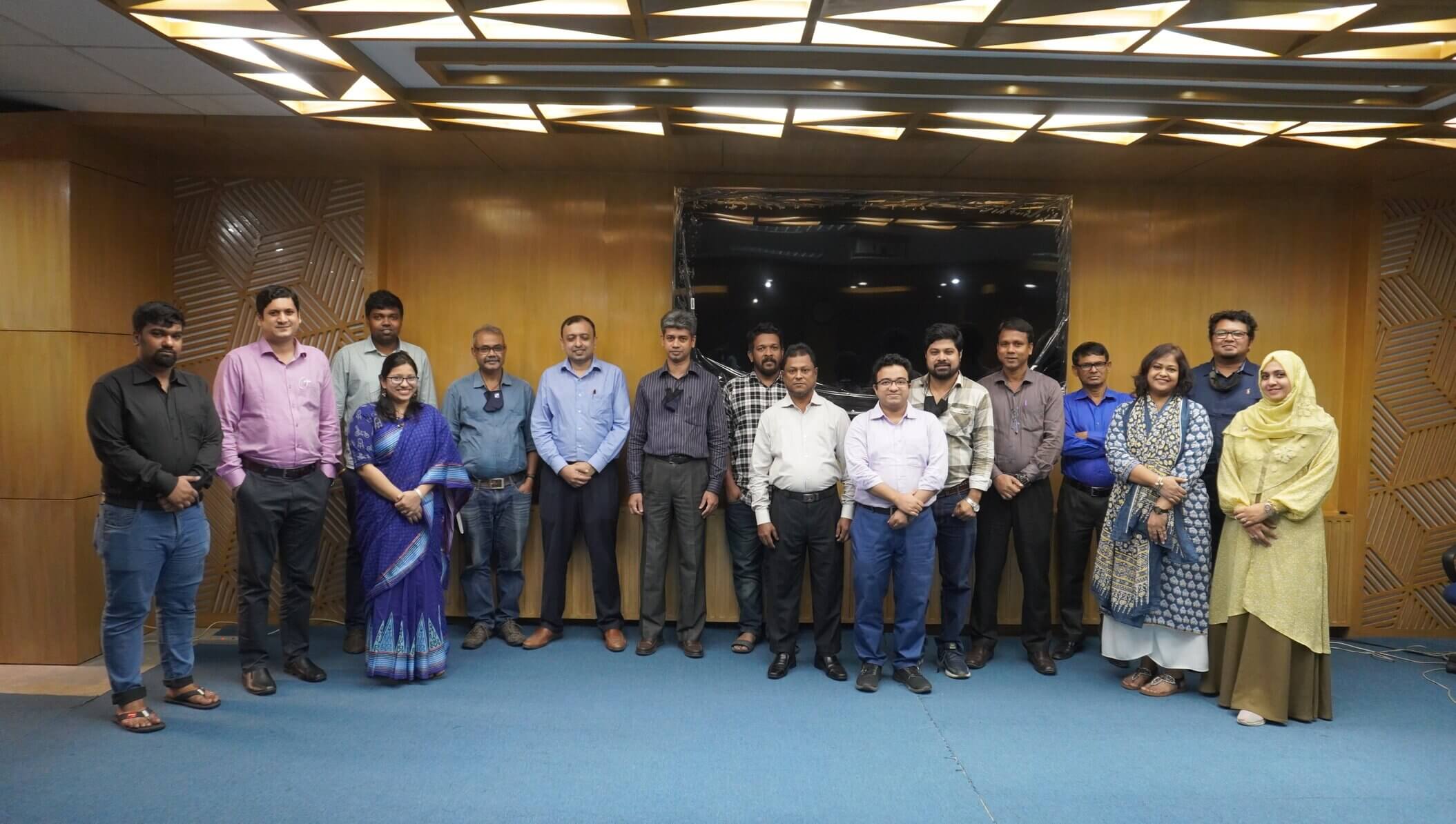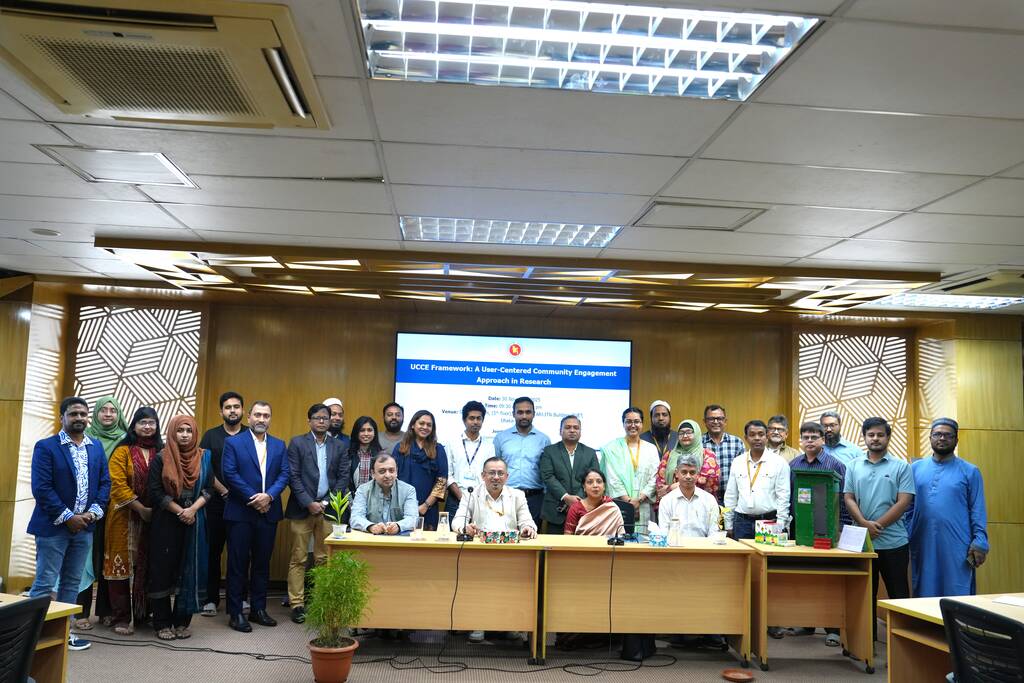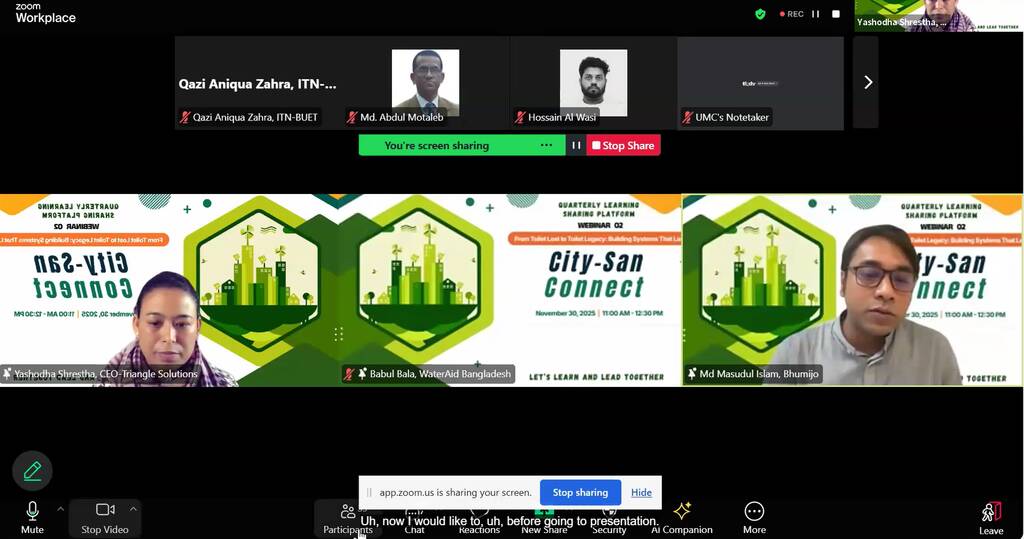The CWIS CB Hub aims to support potential cities with CWIS/FSM showcasing areas to establish them as CWIS mentor cities. These cities will work as learning centers to build the capacity of other cities through different learning-sharing programs. The cities will develop efficient models for one or multiple CWIS norms and practices, including transformative governance, business and service delivery, women entrepreneurship, digital financing, gender and social inclusion in sanitation planning, community engagement and behavior change communication.

Representatives from sector partners sat together to identify the appropriate mechanism to assess the potentialities of cities to become mentors in a workshop organized by ITN-BUET. The event was held on June 12, 2022, including participants from CWIS-FSM Support Cell, DPHE, Practical Action, WaterAid Bangladesh, Water & Sanitation for the Urban Poor (WSUP), SNV Netherlands Development Organisation and BRAC. The participants shared their observations and feedback on the indicators and sub-indicators to evaluate the capacity of a CWIS city to become a mentor city.
Mr. Alauddin Ahmed, Project Manager, ITN-BUET, shared the objectives of the workshop. Mr. Alauddin expected support from the partners for the assessment of the cities against the CWIS framework. Ms. Makfie Farah, Knowledge Management Specialist of ITN-BUET, presented the brief concept of mentor city, the process of identifying indicators, collection of evidence and scoring system. At the end of group work, the partner organizations recommended cities for primary assessment and expressed their intent to support the cities in carrying out the assessment. The workshop ended with the development of a concrete action plan to accelerate the establishment of CWIS mentor cities.





